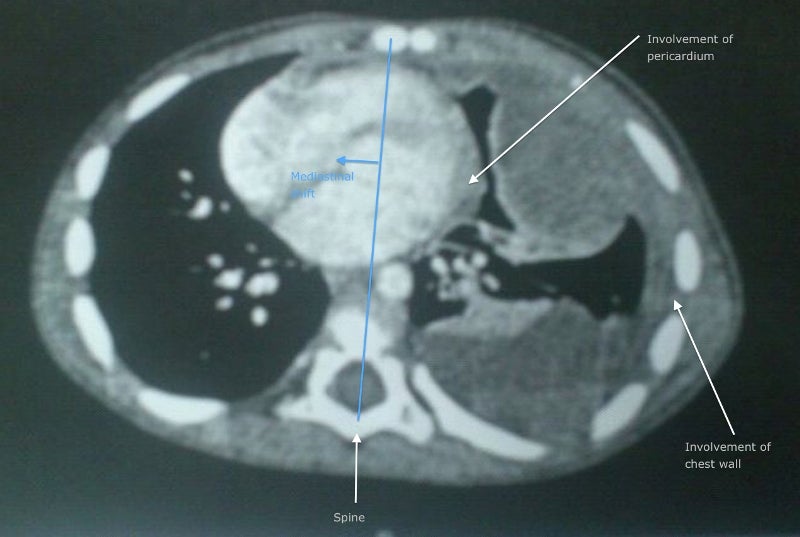
Eli Lilly and Company has reported negative results from the Phase III Announce trial of lartruvo (olaratumab) in combination with doxorubicin to treat patients with advanced or metastatic soft tissue sarcoma (STS), a rare type of cancer.
The trial failed to meet its primary endpoint of overall survival (OS) in the complete study population or in the leiomyosarcoma (LMS) sub-population.

Discover B2B Marketing That Performs
Combine business intelligence and editorial excellence to reach engaged professionals across 36 leading media platforms.
Results also showed no difference in the rate of survival between the study arms for either population. The trial did not confirm the clinical benefit of the study drug combination.
Lartruvo was found to be well tolerated with no new safety signals during the trial.
Lilly now plans to suspend promotion of lartruvo, a platelet-derived growth factor receptor alpha (PDGFR-α) blocking antibody.
Lartruvo is being studied in combination with gemcitabine and docetaxel.in a global, randomised, double-blind, placebo-controlled Phase II trial in advanced STS.

US Tariffs are shifting - will you react or anticipate?
Don’t let policy changes catch you off guard. Stay proactive with real-time data and expert analysis.
By GlobalDataEli Lilly and Company Oncology president Anne White said: “Lilly was surprised and disappointed that lartruvo did not improve survival for patients with advanced soft tissue sarcoma in this study.
“Lilly is committed to helping people who have soft tissue sarcoma and we will carefully study the detailed data in an effort to better understand the different results between the two trials.”
Investigators examined lartruvo in combination with doxorubicin, followed by lartruvo monotherapy, against doxorubicin plus placebo followed by placebo.
Key secondary endpoints of the trial comprise safety, progression-free survival, objective response rate, and patient-reported outcomes.





